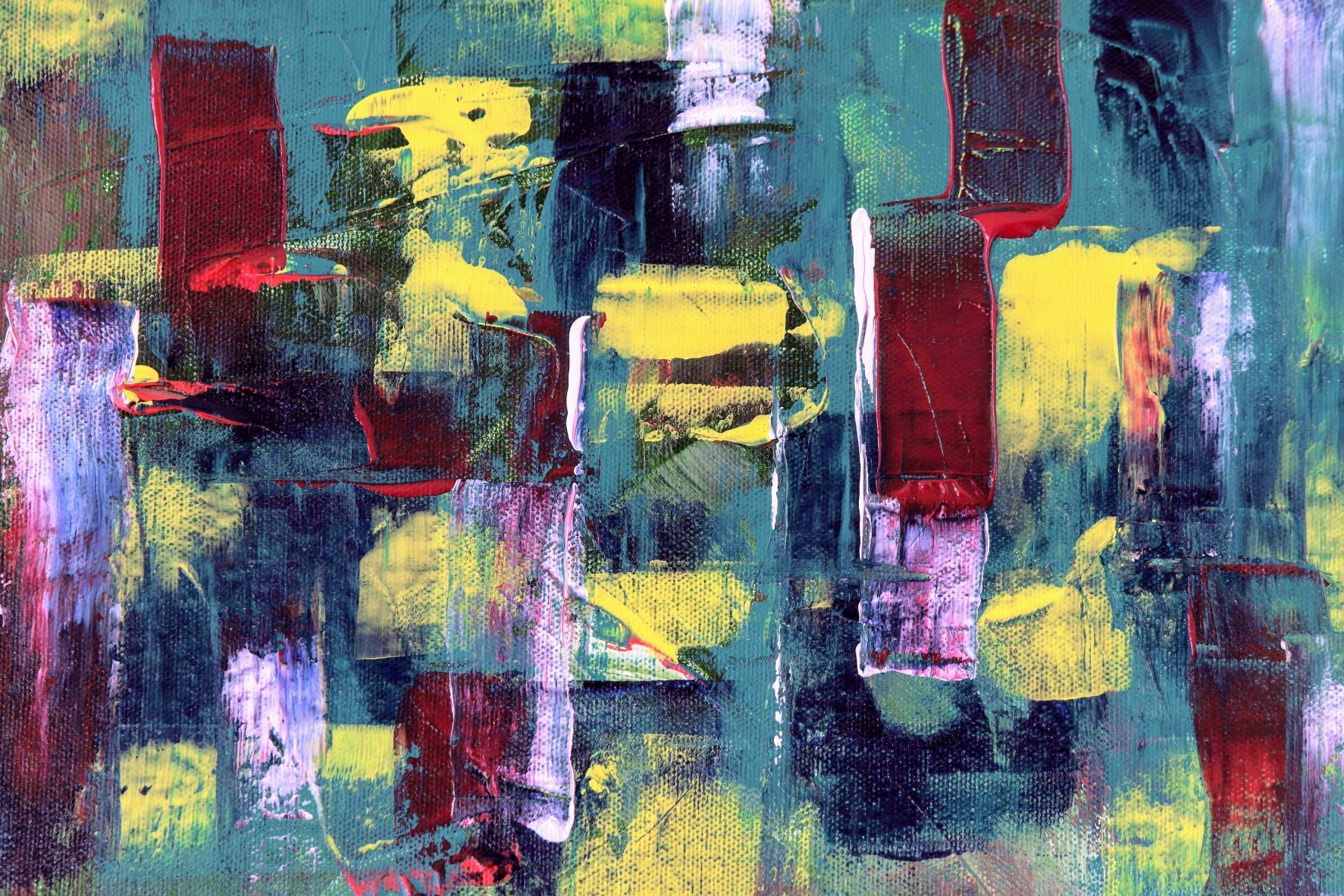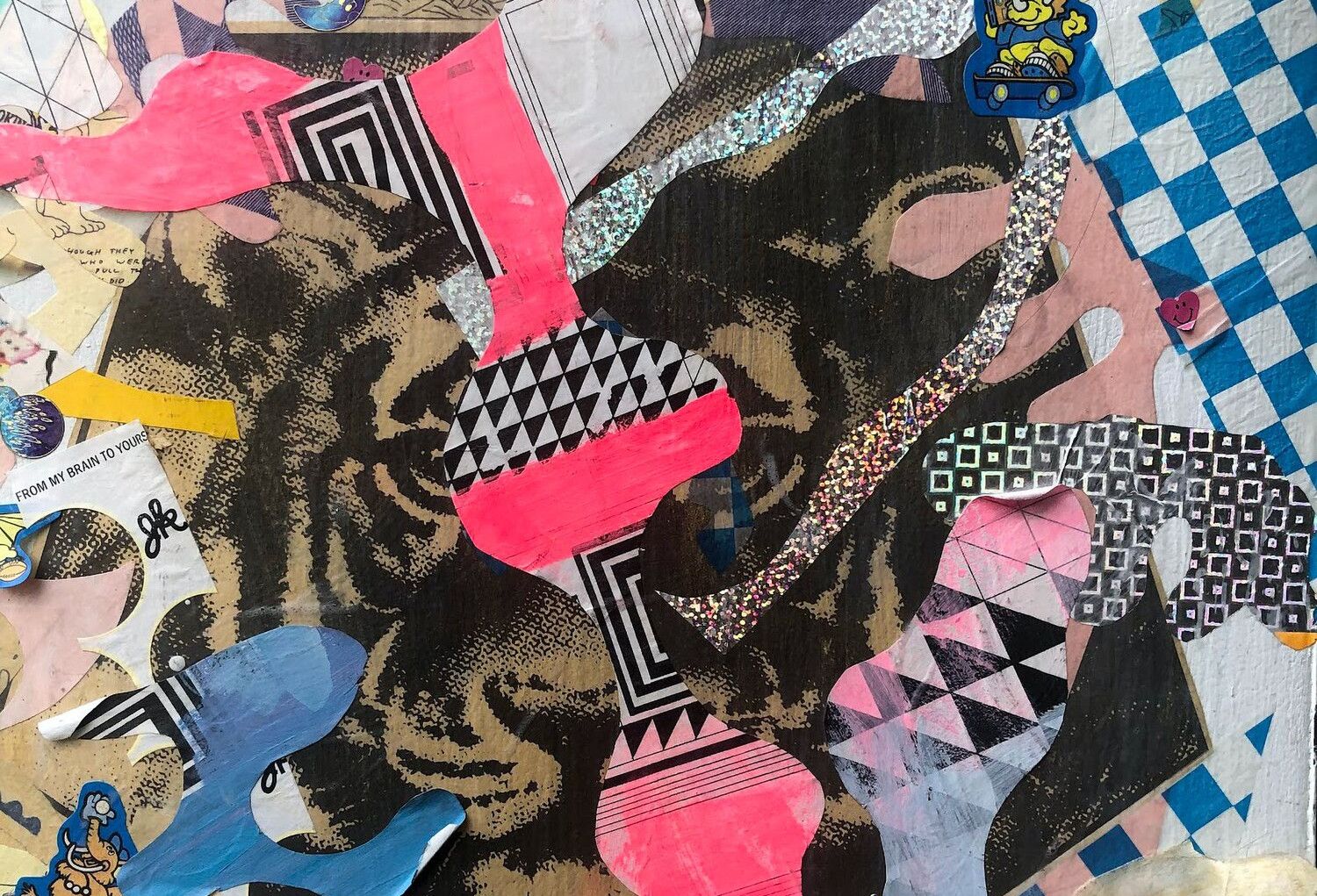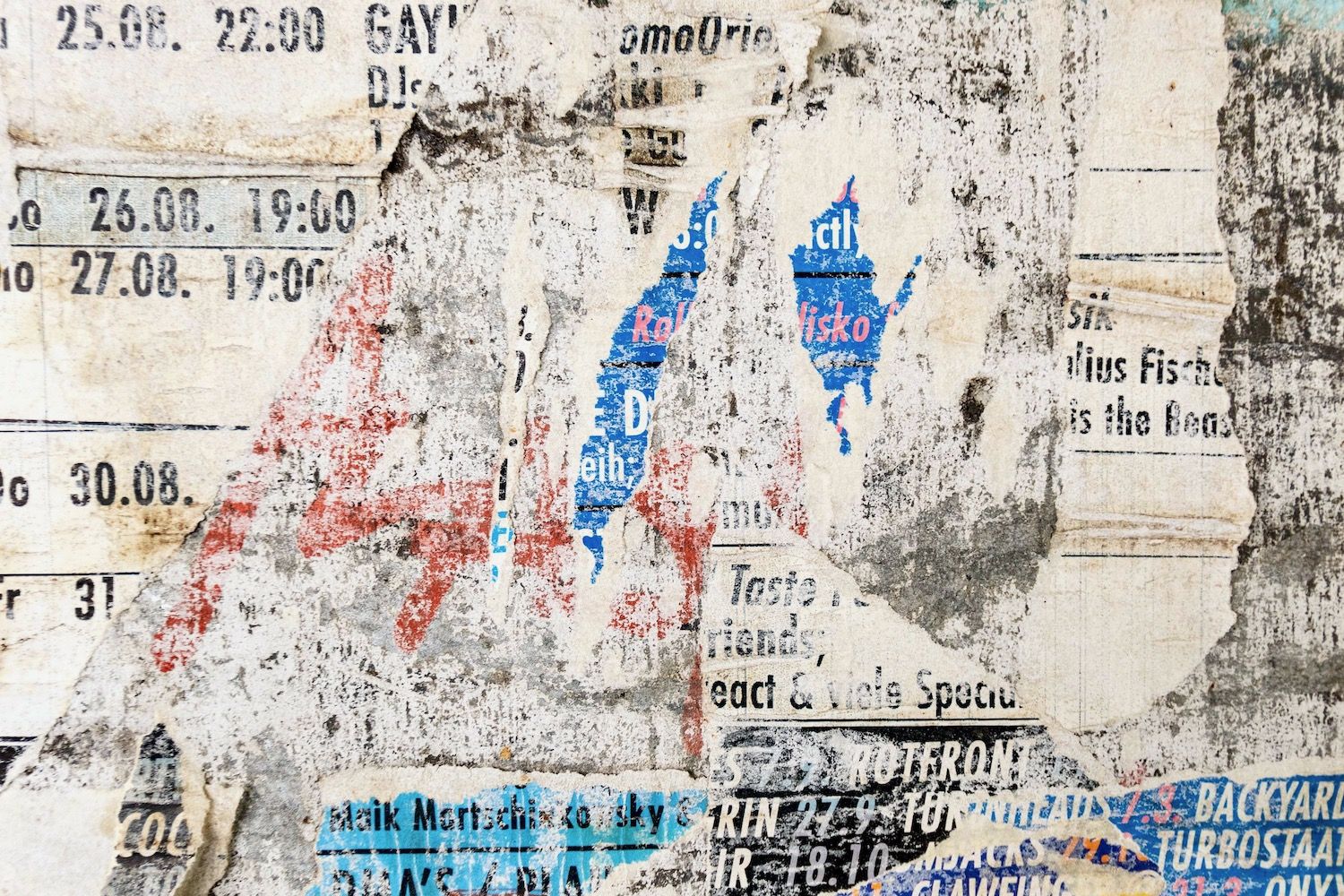Case Studies
Practical examples and reflections from the future.film.education consortium of how to put diversity into practice in film and media education.
Case Study MOME
SUMMARY
The course discussed in the present case study is for the so-called Hungarian University Film Award (HUFA), an educational project and film award created by the Hungarian Society of Film Studies with the participation of several universities in and around the country. At MOME, the course has so far taken place twice (in the spring semesters of 2021 and 2022) and was led by Judit Bényei (Institute for Theoretical Studies), Natália Fábics (Media Institute) and Zsolt Gyenge (Institute for Theoretical Studies). In addition to working with the selection of Hungarian feature and documentary films put together by the members of the Hungarian Society of Film Studies, each semester the MOME course leaders added a wide range of further films, thus creating the basis for enhancing the course with additional educational aspects and topics of discussion, with a special focus on social sensitization, increasing awareness of diversity issues, skills (research, writing, analysis, cooperation, etc.) development and awareness of Hungarian film culture.
Case Study Lusofona
SUMMARY
This case study focuses on the FilmEU Annual Challenge – a practice-based challenge for film and media production students, which aims to combine critical thinking about societal issues with the development of solid competences in media and filmmaking. It explores the implementation of the first year of the project, which focused on the topic “Gender, Sexuality, Freedom, and Censorship.”
Case Study ifs
SUMMARY
The case study describes the learning materials and pedagogical approach of a film history course for undergraduate students. The outline of a seminar session on classical Hollywood cinema shows how to build on insights from feminist film historians in classroom discussions. The models and methods of feminist film historiography can expand our understanding of moviemaking by acknowledging the significant role of women in the aesthetic and social histories of cinema.
Case Study: future.film.education Reading Group
The future.film.education aims to foster discussions on gender and diversity that are informed by the students’ own research practice and to guide them in reviewing their own artistic and academic work. In each reading group session, we discuss a text, film or art work proposed by a student from one of the film schools.
Are you interested in exploring gender and diversity from a practical as well as theoretical point of view? Are you looking for literature on the topics and don’t know where to start? Are you analyzing films and other media as part of your studies and need tools or guidance on how to include diverse perspectives?
Join our Reading Group and be part of the future.film.education project! We invite you to bring texts, films and other media works you would like to discuss.
Our research team will support you in discussing these works from an intersectional perspective in an international setting. You will meet students from other countries who are also engaging with similar questions and with whom you can exchange ideas.


